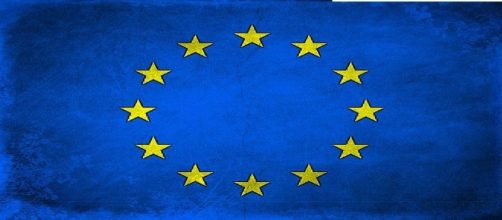A House Of Lords crossbencher has recently described Brexit as a disaster on live radio.
Baroness Meacher said the Government has utterly failed to prepare the country for the daunting task of leaving the European Union.
The crossbencher recently appeared on the Radio Times, attacking former prime minister David Cameron for failing to draw up contingency plans in case Vote Leave, the main campaign group supporting Brexit last year, won last year's referendum.
She said British citizens had no idea what they were voting for when 52% of the population opted for Brexit during June 23rd 2016.
But Baroness Meacher believes that public opinion is swinging back towards support for the European Union.
She said that the British people were totally ignorant about the consequences of this enormous constitutional change.
Lack of clarity
The crossbencher said the Department for Exiting the European Union were failing to provide a lack of clarity over how Brexit will be implemented.
These comments come as both Prime Minister Theresa May and Foreign Secretary Boris Johnson said the free movement of workers from the European Union will not immediately end once Britain has left the superbloc in April 2019.
This is not the first time the Foreign Secretary has recently hinted Brexit may take longer than expected.
He has said there could be a transitional deal post-April 2019.
This led to anger from Leave.EU, a pro-Brexit founded by former UKIP donor Arron Banks, that the Tories were planning to betray the country on Brexit.
During last year's referendum, this group lost out to Vote Leave to become the official Brexit campaign after a decision by the Electoral Commission ruled them out.
But the Prime Minister said at last year's Conservative Party Conference that Britain will be leaving the European Union in its entirety.
She said the British people knew exactly what they were voting for and that meant leaving the European Union's single market and customs union as well.
She said she understood immigration was a priority to Brexit voters, promising to end the free movement of workers and drawing up a Free Trade Deal with the European Union.
Baroness Meacher said the UK will fail to draw up a free trade deal with the European Union in two years' time.
She said this is why she believes public opinion is swinging back towards support for remaining in the superbloc.
But in a recent Conservative Party broadcast for upcoming local elections, Prime Minister Theresa May said she is optimistic that 'Global Britain' can survive outside the European Union.
She acknowledged that last year's vote to leave the superbloc was a recognition for change and that people were frustrated at being left behind.
Brexit- what is happening?
Mrs May triggered Article 50, the mechanism for leaving the European Union under the controversial 2007 Lisbon Treaty, on March 29th.
The Prime Minister's ability to trigger Article 50 was finally approved by a vote in Parliament after Gina Miller challenged Mrs May's right to issue it without parliamentary approval.
The President of the European Council, Donald Tusk, wept as he said he would not seek to punish Britain and that last year's vote was punishment enough.
Negotiations will begin in earnest next month.
But the European Union has recently issued some harsh red lines in its upcoming negotiations with Britain.
Who is Molly Meacher?
Before embarking on a career in The House of Lords, Baroness Meacher for social services and the Mental Health Foundation during the 1980s.
She also had links to Boris Yeltsin's Russian government during the 1990s as she worked as a chief adviser to them on employment.
She was also acting chair to the Police Complaints Authority until 2002.
Baroness Meacher was finally made a life peer for Spitalfields in the London Borough of Tower Hamlets. She chose to opt to sit as a crossbencher rather than as a peer for one of the main political parties.
During her time in the House of Lords, she chaired a UK All-Parliamentary Group for Drug Policy Reform.
She led calls for for the decriminalisation of drugs.
However, she also has links to the European Union as the baroness is leading an All-Parliamentary Party Group European Initiative on drug reform at the request of the President of Guatemala.

